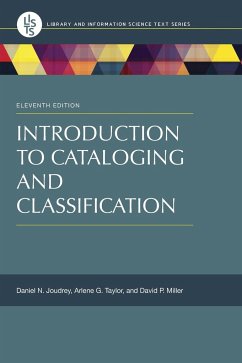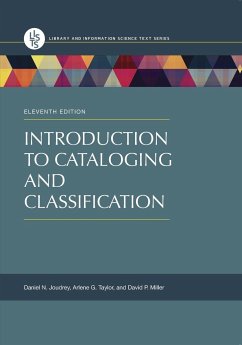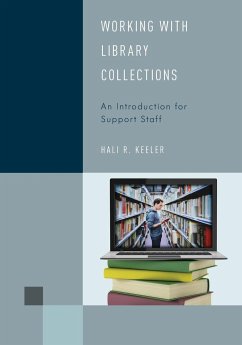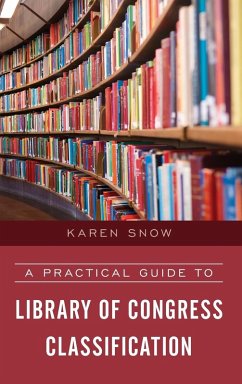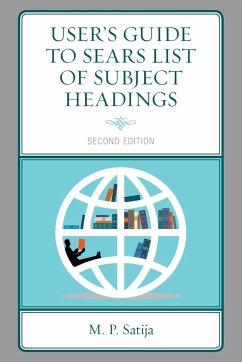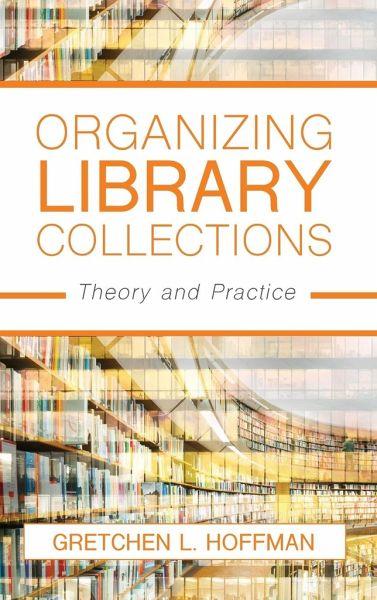
Organizing Library Collections
Theory and Practice
Versandkostenfrei!
Versandfertig in 1-2 Wochen
123,99 €
inkl. MwSt.

PAYBACK Punkte
62 °P sammeln!
Written for beginning library science students, this book introduces the theory and practice of organizing library collections in a clear, straightforward, and understandable way. It explains why and how libraries organize their collections, and how theory and practice work together to help library users.







